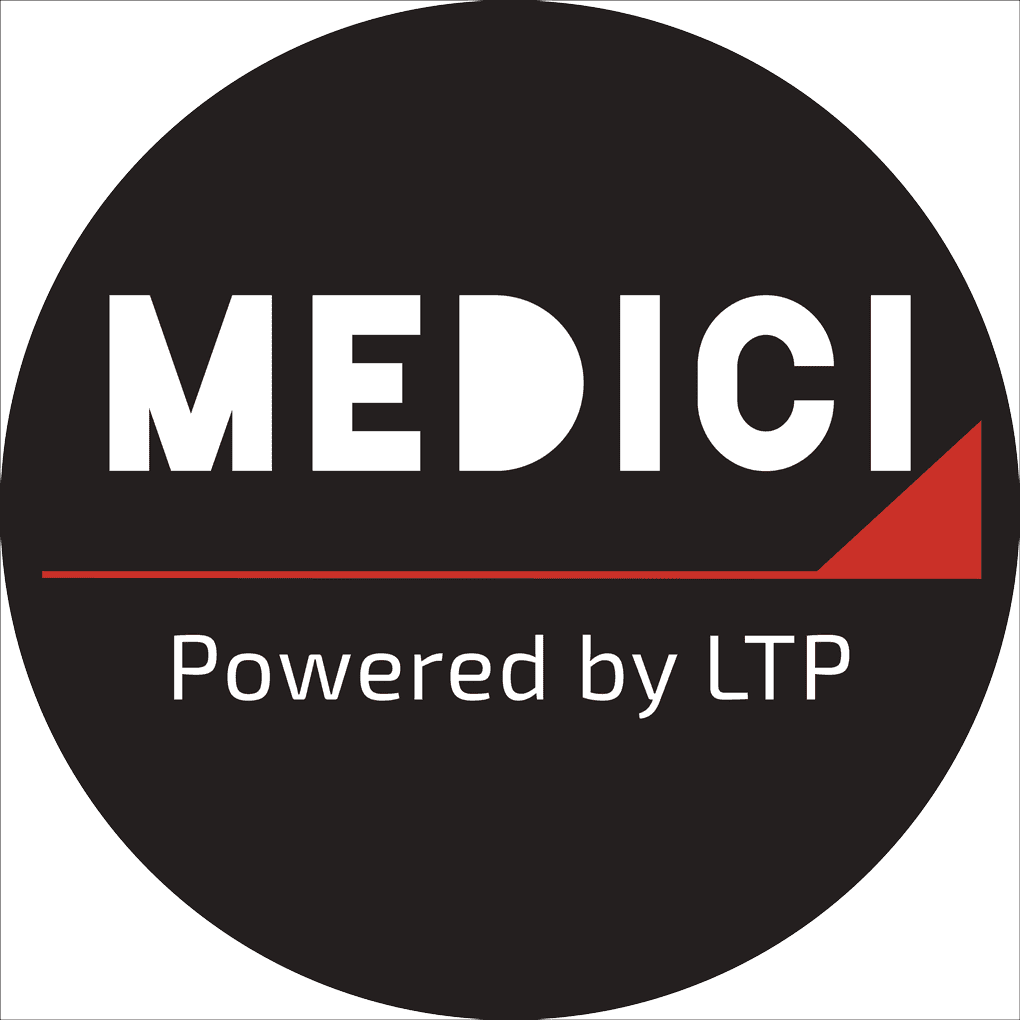
Looking to Save Money on Compliance? Here’s How
Brought to you by MEDICI

 Compliance in the financial services industry is absolutely necessary but absolutely time-consuming as well. For community banks in particular, pragmatic evolution of the way compliance is handled is absolutely critical for survival in a highly competitive and increasingly complex market.
Compliance in the financial services industry is absolutely necessary but absolutely time-consuming as well. For community banks in particular, pragmatic evolution of the way compliance is handled is absolutely critical for survival in a highly competitive and increasingly complex market.
Recent estimates suggest that over 300 million pages of regulatory documents will be published by 2020 and over 600 legislative initiatives need to be cataloged by a medium-sized institution. Just the scale and pace of the changing rules that community banks need to comprehend, let alone the implications, is paralyzing to say the least. Therefore, the necessity for resource-efficient compliance solutions in the coming years is expected to skyrocket—professionals suggest that the global demand for regulatory compliance and governance software is expected to reach $118.7 billion by 2020.
While compliance certainly looks very expensive, non-compliance blows even a bigger hole in the budget of any company. In fact, financial institutions in the U.S. alone have paid over $160 billion in fines for non-compliance.
Regtech, or regulation technology, refers to a set of companies and solutions that address regulatory challenges across industries, including financial services, through innovative technology. There are about 6,000 technology companies flooding the market with innovative solutions in financial services alone, arguably one of the most complex industries anywhere.
These firms provide access to simpler regulations through a SaaS (software as a service) model, supporting clients in developing the necessary reports and eliminating the need for additional expenditures on consultancy firms and expert services.
As opposed to legacy systems, regtech is agile and ever-evolving by nature. The industry brings together next-generation technologies—blockchain, AI (artificial intelligence), cloud computing, API (application programming interface), biometrics, robo-advisors, etc.—to enable financial institutions, most importantly smaller ones, to operate at a new level of efficiency and release resources for innovation.
Enhanced KYC Efficiency
Almost every financial institution has to have a robust know-your-customer (KYC) identification program in place and perform ongoing tracking and monitoring of customer transactions. All of this includes multiple detailed compliance rules.
To overcome this difficulty, regtech solutions automate those processes to an extent, thereby reducing the cost of managing compliance. Moreover, regtech solutions tailored specifically for online verification bring down the time and total cost of on-boarding, thus enhancing the customer experience.
Substantial Compliance Cost Reduction
Costs are a real problem in the compliance space, and the relative cost of compliance substantially increases with the decreasing size of the financial institution. While banks with assets ranging from $1 billion to $10 billion reported total compliance costs averaging 2.9 percent of their noninterest expenses, banks with less than $100 million in assets reported costs averaging 8.7 percent of their noninterest expenses.
Cost reduction in the compliance department has far-reaching implications. A community bank-focused survey, conducted at the end of last year, indicated that regulatory compliance accounted for 11 percent of their personnel expenses, 16 percent of data processing expenses, 20 percent of legal expenses, 38 percent of accounting and auditing expenses and 48 percent of consulting expenses. Being a technology-driven rather than manual response to a problem, regtech significantly drives down all the above-mentioned expenses, almost eliminating some of them.
Agility, Flexibility and Learning
Normally cloud-based, regtech solutions are agile, which leads to great flexibility and speed of reporting, ensuring a high level of control over information. Application of AI in regtech enriches it with the ability to keep organizations up-to-date on the evolving regulatory environment, thus reducing the risk of non-compliance-case expenses.
Machine learning can identify complex, nonlinear patterns in large data sets and create more accurate risk models. Among the other benefits brought by AI into regtech are handling customer protection and complaints, monitoring of behavior and internal culture in organizations, KYC regulations, real-time monitoring of new regulatory requirements and modification, among other benefits. Banks can use regtech for stress testing, as well as to monitor for fraud and cybersecurity problems.
Security and Reduced Deployment Time
Data encryption and real-time monitoring capabilities make regtech solutions secure. Regtech also speeds up the implementation of compliance initiatives, thus enabling businesses to focus instead on business goals. Being cloud-based, regtech enables organizations to manage and backup data remotely, having it secured at the same time.
Being multi-purpose by design, the regtech ecosystem is highly diverse. There are over 100 companies in the space addressing various specific needs, including CrowdBounder, Suade, Ayasdi and Neurensic.
Given all the benefits listed above and many more, regtech has an astonishing return on investment. Experts in the field suggest that investments in regulatory software can lead to an ROI of more than 600 percent with a payback period of fewer than three years.

